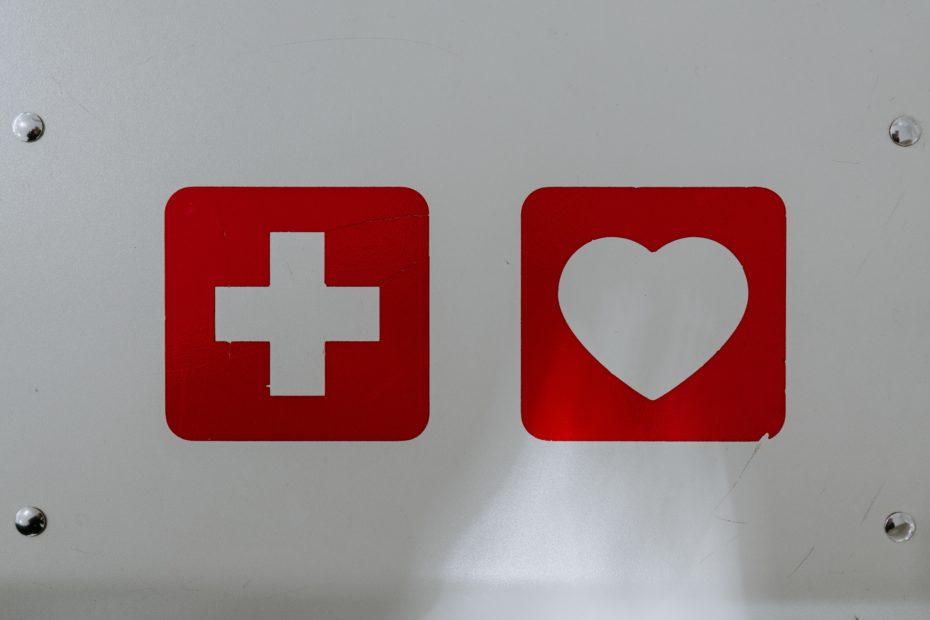The Four Dimensions of Recovery and How You Can Support Them Recovery is a personal journey with the goals of hope, empowerment and autonomy. It is a process through which people are able to live, work and participate fully in their communities. As a First Aider, you can play a key role in supporting those around you on their recovery journey guided by the four dimensions of recovery. Read more. | 



